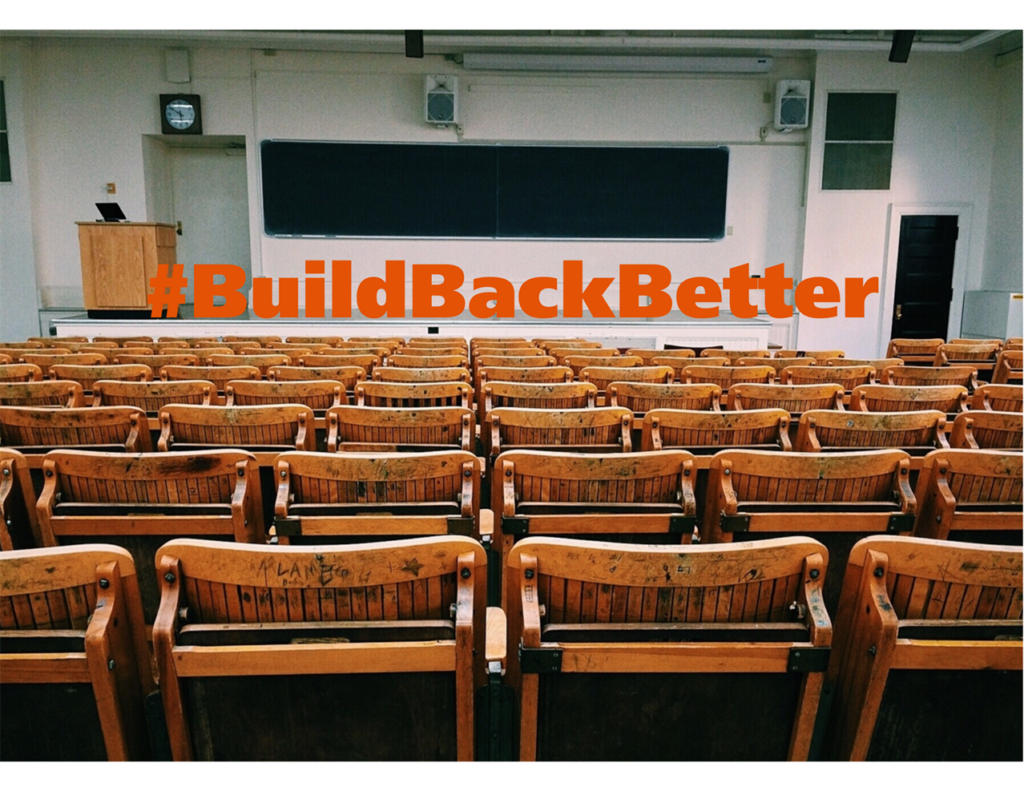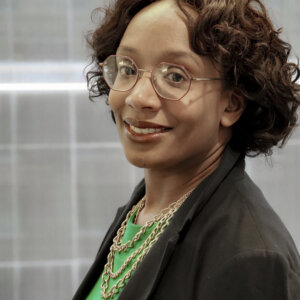Equitable Recovery Requires Meaningful Engagement
Building back better means engaging those most impacted by Coronavirus. But as social distancing makes face-to-face community dialogue impossible, how can we keep those voices at the center of the conversation?

As the Coronavirus spreads across our region, the call to shelter in place was abrupt, requiring us to shift our lifestyles and ways of doing business. We who are privileged to work from home quickly flocked to chat boxes and video calls as a means of staying productive and connected. But what happens when your work is centered on convening dialogue in-person? Across the country community-based organizations and public engagement professionals were faced with an important question:
How can response and recovery efforts include the voices of those most impacted at a time when traditional forms of engagement are hindered by extreme risk to public health?
There is no single answer but it’s a challenge that cannot be ignored. Public engagement professionals are now in demand, advising internal work teams and rethinking how to reach constituents with critical communications. Inboxes have flooded with resources on how to lead remote teams and tips for virtual engagement. Old-school methods like phone trees and flyers keep people connected to hyperlocal information.
But effective engagement is not just sharing information. It’s creating avenues for meaningful exchanges that allow for collaboration, iteration and ideally co-creation. Central to these methods are the principles of valuing lived experience as data, transparent communication and shared ownership of the process and outcomes. Now more than ever we must operationalize principles of equitable engagement in shaping the recovery efforts for people and communities.
At MPC, we believe proactive planning in partnership with residents and stakeholders is foundational to ensuring equitable outcomes for our neighborhoods and the region. As we explore policies that support long-term recovery, we are reimagining what meaningful stakeholder engagement looks like in the midst of a pandemic. Like many we are experimenting with virtual meeting formats, online collaboration tools and putting in phone time for thoughtful conversations with peer organizations and community partners. And while it is undoubtedly harder to incorporate a broad range of voices to inform our research and policy recommendations, it is necessary now more than ever.
To build back better, the voices and interests of the most-vulnerable communities must be central to shaping how and where we invest as we chart a path for recovery. Communities of color are being hit hard by the coronavirus and the health and economic impacts of are yet to be fully quantified. In the Chicago, more than half of COVID-19 cases are among African-Americans and the number is rapidly growing in Latinx communities. Our approach to recovery must start with building a framework based on shared values and one that calls us to collective action. One that holds us accountable to addressing the root causes of disparities in order to forge an equitable future. Reflecting on what I’ve learned working in community development over the years, I believe the principles of this framework should include the following:
Racial equity and inclusion: An unwavering commitment to eliminating the structural barriers that create disparities by income and race must be central to all efforts. When equity and inclusion are achieved, we will no longer be able to predict someone’s life outcomes based solely on their neighborhood, race, income, gender, language or other identifiers.
Targeted Investment in areas with the highest need: The underlying conditions of racial and economic segregation, depleted physical and environmental infrastructure and the dismantling of community power intensify the long-term impact of COVID-19 on communities of color. We must repair what has been broken by building economic and social capital in neighborhoods that need it most.
Equitable economic growth and pathways for sustained prosperity: In a crisis such as this, there is a temptation to say, “Everyone is suffering so we must support recovery and growth for everyone.” This minimizes the disparate impact of COVID19 and the need to invest even more in populations that are vulnerable to being left behind. Our inclusivity in building new opportunities for income and wealth creation will determine the region’s ability to weather future economic shocks at all income levels.
Plan with people not for people: We must move quickly to engage people as architects and co-creators of solutions that will ultimately change systems. That means resisting the urge to move quickly to solve problems and expanding our reach beyond the usual suspects, finding safe and accessible ways for ideation and exchange through a variety of methods.
Embrace truth and transformation: Data helps us to find truth in who benefits and who is most burdened by this pandemic. Change is difficult, sometimes slow, and almost always uncomfortable. But collective action can be transformative when we are aligned in purpose and hold each other accountable.
In the forthcoming months, we at MPC are building a framework that centers equitable recovery as a primary step towards Our Equitable Future. Key to this effort is actionable policy change and the development of attainable goals and metrics that help us evaluate what we are learning and how we are progressing. It has been said, “Where there is no vision the people perish.” A shared vision keeps us working in collective purpose. And in the midst of a pandemic, as we shift our attention to those with most need, it reminds us that we are members of a common fragile and interdependent ecosystem.
